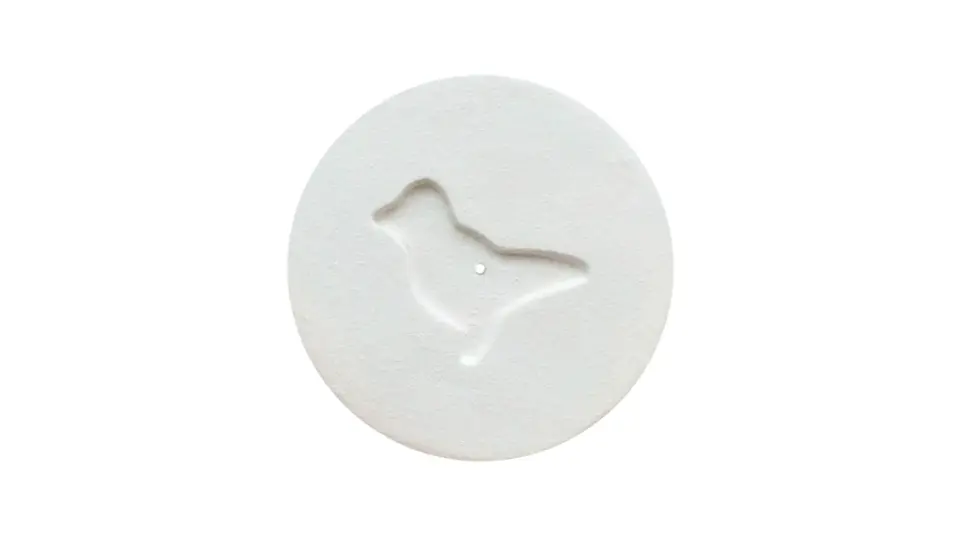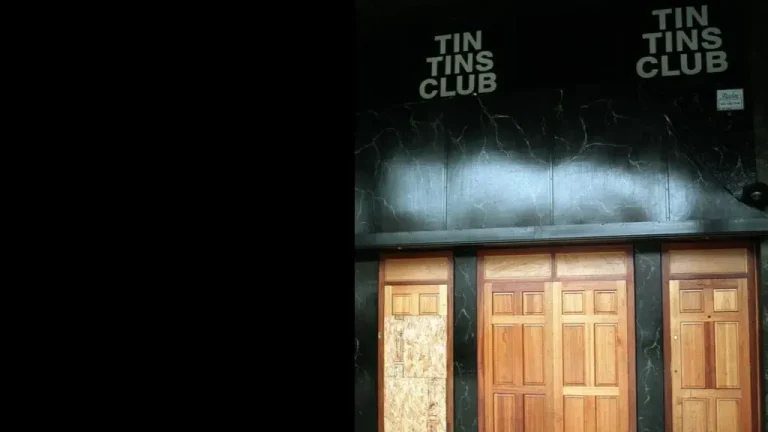There are clubs that come and go, and then there are legends. For anyone who experienced the Birmingham club scene in the mid-90s, Tin Tins wasn’t just a venue; it was a pulsating, defiant, and utterly essential cornerstone of a burgeoning underground culture. Its influence on the city’s music landscape, and on countless individual lives, can never be understated.
I remember first entering Tin Tins when I was 19. I’ll happily admit it – I was scared. It was the first time I entered a club where every single person in there was off their heads on Ecstasy. This, although initially daunting, quickly morphed into something amazing. The energy was palpable, the people were wildly uninhibited, and the music… the music was truly underground. Way before the internet made every track accessible, Tin Tins defined the true underground sound that you simply couldn’t hear anywhere else.
Hype at Tin Tins: The Soundtrack to the Weekend
My fear soon gave way to an exhilarating weekly ritual. I ended up visiting “Hype” at Tin Tins on a weekly basis, because it was just the most amazing experience ever. Spending every weekend a tad worse for wear, dancing to some of the most phenomenal tunes, mixed by an incredible roster of DJs who became legends in their own right. Names like Tony De Vit, Andy Farley, Simon Baker, Arran Mann, and Chad Lewis weren’t just playing records; they were crafting journeys, taking entire rooms to another level with sounds that were unique to this hallowed space.
This wasn’t just a place to party; it was a shared communal experience. It was where a whole section of the Birmingham population worked hard all week, sustained by the anticipation of that weekend release. All they looked forward to was stepping into Tin Tins, losing themselves in music you simply could not hear anywhere else. The club became our church, our sanctuary, and our personal escape valve.
The Victim of Success: The Battle for Inclusivity
Tin Tins’ undeniable success, particularly once it secured an all-night drink license, unfortunately brought with it unforeseen challenges. As a predominantly gay club, Tin Tins had always welcomed straight patrons, drawn in by its groundbreaking music. However, with increased popularity, a new demographic started attending who, despite enjoying the music, were not happy with how openly gay the club was. I remember personally experiencing homophobic comments, and it wasn’t just me; knowing the owner and other regulars, it became clear that Tin Tins was becoming a victim of its own success. The atmosphere, once unequivocally inclusive, began to feel strained.
The Birmingham Underground community fiercely protected Tin Tins, but it was difficult for door hosts to ensure the club remained true to its original spirit: a haven for true music lovers, regardless of sexuality. Yet, Tin Tins did what it did best – it faced the challenge head-on with an iconic, defiant statement. I remember walking in one night; the club, usually a kaleidoscope of neon, suddenly had one glaringly obvious new feature. Above the bar, the owner and door hosts had erected a huge banner. Its message was stark, unapologetic, and brilliant: “Queer As Fuck.” This bold declaration left no room for ambiguity. It was a direct message to anyone with an issue: “You’re in a gay club, you’ll respect that or leave.” And it worked. The atmosphere shifted back, the message was heard, and the club returned to its essence – a place where straight and gay people united, absolutely living for the weekend, bonded by a shared love for music found nowhere else.
Authority and Defiance: The “Tin Tins – Not Guilty” Legacy
Tin Tins also faced external pressures. The police, undoubtedly aware of the club’s “obvious connection to drugs,” were anti-Tin Tins. In many ways, the raw, visceral energy of the music and the pervasive drug culture of the 90s scene went hand-in-hand. Authorities tried to shut the club down, famously arguing that its Friday night event, “Dove,” was a direct promotion for a popular Ecstasy tablet of the same name.
But Tin Tins wasn’t easily defeated. In a masterful display of defiance and wit, the club successfully argued in court that “Dove” was not promoting drugs, but rather promoting peace and inclusivity. Tin Tins won the court case, delivering a significant blow to the authorities’ efforts.

The club’s audacity didn’t stop there. I vividly recall being on a bus heading into Birmingham City Centre, and there it was: a prominent billboard, purchased by Tin Tins, featuring a cartoon judge banging down a gavel, with the triumphant words: “Tin Tins – Not Guilty.” It was a magnificent, brazen slap in the face to the establishment, a public declaration of victory for a club that was deeply loved and fiercely defended by its community.
Tin Tins was more than just a place; it was a symbol of resistance against conformity, a beacon for those seeking something authentic and raw.
Conclusion: An Absolute Legend, and a Tragic End
The influence of Tin Tins was revolutionary, but its reign was not eternal. While the club began losing some of its faithful to the new Sunday start time of Sundissential, it was ultimately the relentless authorities who had the final, devastating word.
Despite their earlier court loss, the police were determined. They eventually raided the club while it was open and, tragically, found a substantial amount of Ecstasy tablets in the safe. In their zeal to ensure the club never operated again, they ripped up all the floorboards, effectively destroying the interior. The physical destruction of the venue meant Tin Tins was closed down forever.
It was an abrupt and somber end for what was, without question, the true “trade club” of Birmingham. An absolute legend of a night club. Its music would genuinely take you to another level—a memory cemented by that unforgettable night when the DJ dropped a tune so massive that literally every single person in the club, even the doormen, was rocking to the beat. That power, that unity, and that raw, uncompromising spirit is the true legacy of Tin Tins.



